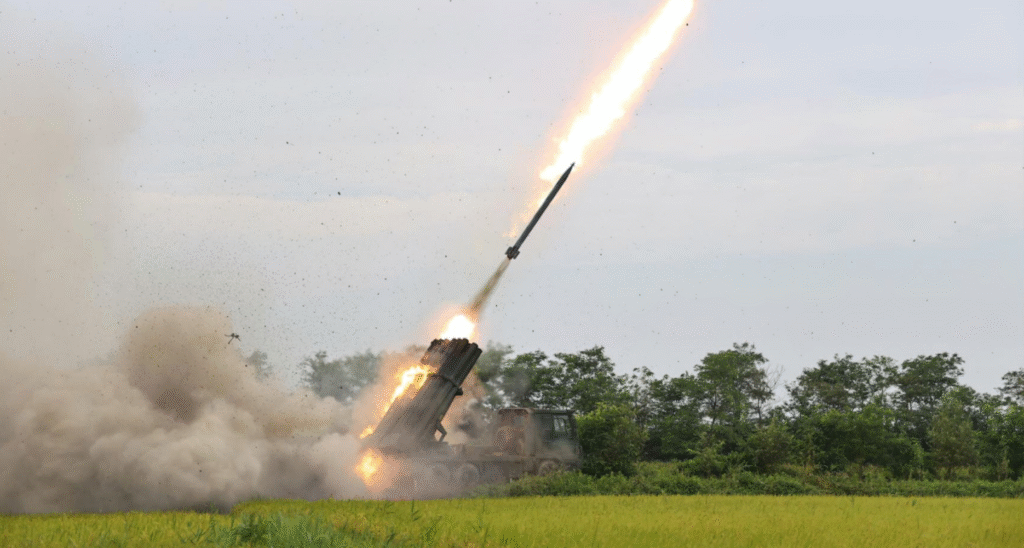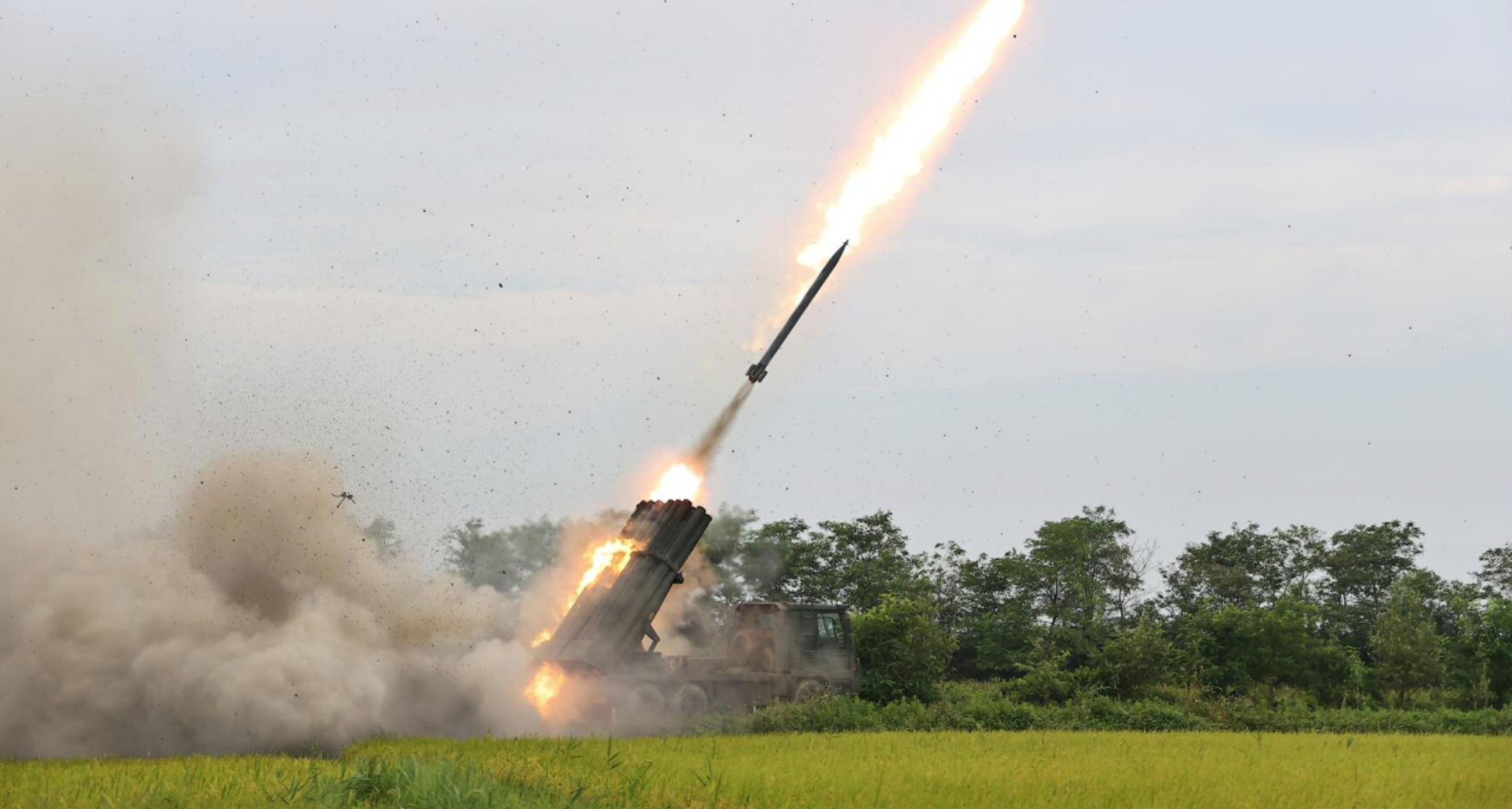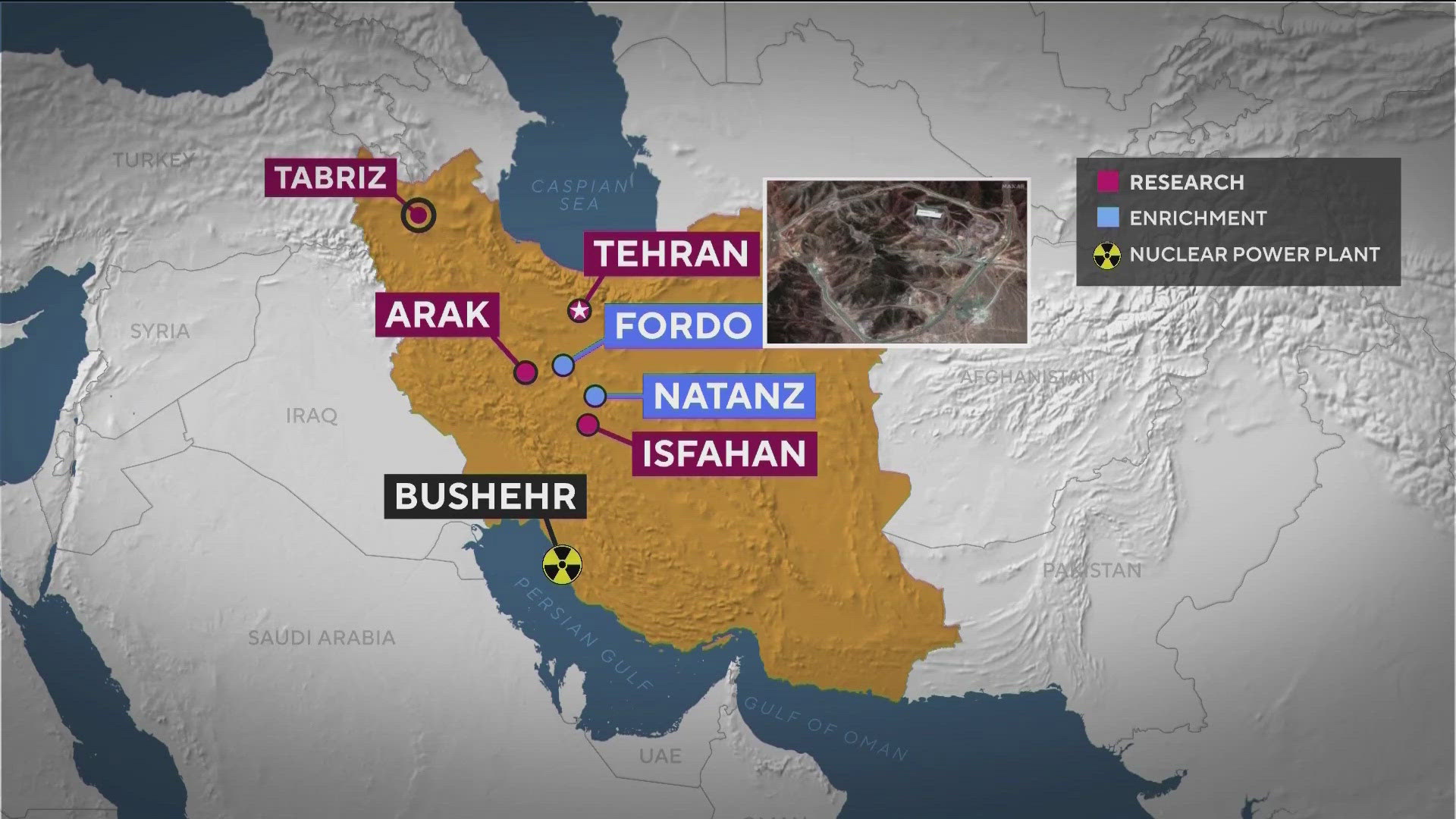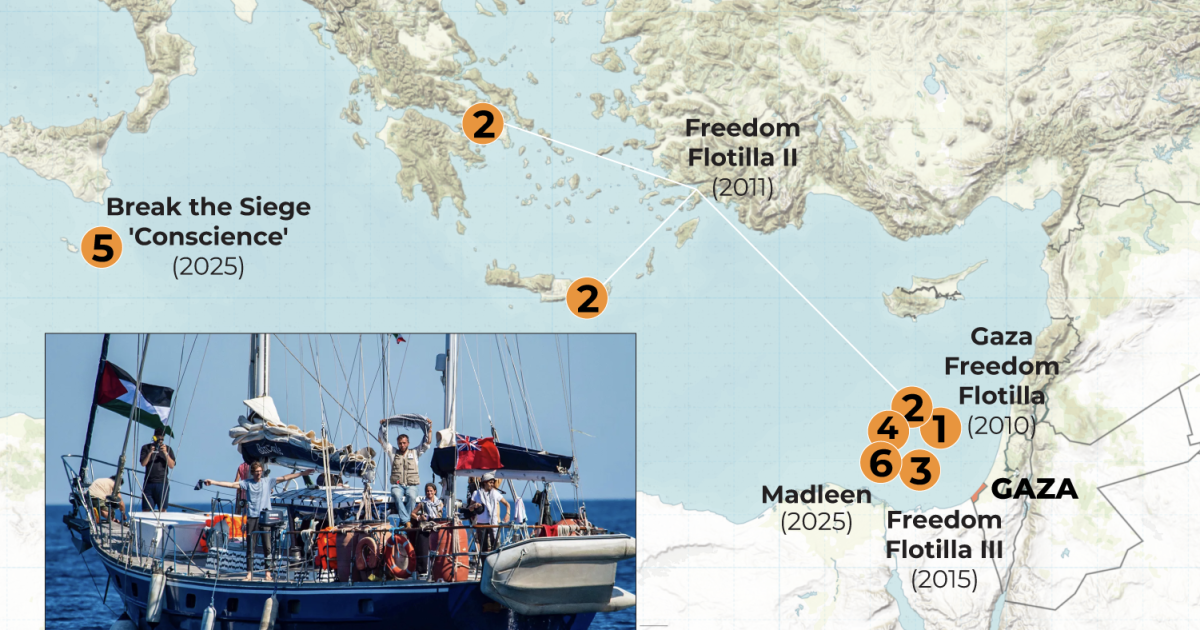North Korea Make Rising Tensions on the Korean Peninsula
North Korea
In a provocative move following recent joint military exercises by the United States, South Korea, and Japan. North Korea has launched a rocket that reportedly traveled across the Korean Peninsula’s eastern airspace. This action has raised significant concerns among international observers and regional governments. The launch comes shortly after a major trilateral military drill conducted by the three allied nations has repeatedly condemned as hostile and provocative.
The launch marks a continuation of North Korea’s pattern of weapons testing in response to what it perceives as external threats Although North Korean state media has yet to confirm the specific nature of the rocket, early assessments from defense officials in South Korea and Japan. They suggest that it could be a long-range ballistic missile.

Background: Trilateral Exercises and Regional Reactions
The trilateral military exercises between the United States, South Korea, and Japan were designed to enhance cooperative defense strategies and readiness against potential threats in the Indo-Pacific region. These exercises typically involve air, sea, and land components, with simulated attacks and coordinated defense maneuvers. While the allies claim these drills are defensive in nature, North Korea consistently interprets them as rehearsals for invasion.
North Korea’s ruling regime has expressed its pique through both official statements and demonstrative military actions in the past. This most recent rocket launch aligns with its longstanding tactic of using missile tests to send political messages and express unrespect with international policies.
International Condemnation and Calls for North Korea to Restraint
Governments around the world have reacted swiftly to the news of North Korea’s latest launch. The South Korean presidential office held an emergency security meeting, emphasizing the importance of regional stability and the need for a unified response. Similarly, Japanese leaders condemned the launch, warning that such actions threaten peace and security in the region.
The United States Department of State issued a strong rebuke, calling the launch reckless and destabilizing.
American officials reiterated their commitment to defending allies in the region and called on North Korea to return to talks aimed at denuclearization and peace.
China and Russia, both of which share borders and historically complex relationships with North Korea, have urged all parties to exercise restraint. While not condemning North Korea, they have emphasized the importance of de-escalation.
Implications for Regional and Global Security
North Korea’s launch underscores the fragile security situation in the Asia-Pacific region. Each rocket test not only adds to the country’s military capabilities but also serves as a stark reminder of the ongoing challenges to regional peace. As North Korea advances its weapons programs, neighboring countries are likely to invest further in their own defense systems.
The trilateral cooperation between the United States, South Korea, and Japan is also likely to intensify in response to North Korea’s continued defiance. Increased defense spending, more frequent joint exercises, and expanded intelligence sharing may follow as a means to deter future provocations.
At the same time, the channels remain open, at least in theory. Previous talks between the United States and North Korea have yielded temporary halts to testing, although these agreements have consistently broken down. Renewed efforts at negotiation are often supported by intermediary nations and international organizations, but success has been limited.
Domestic Significance in North Korea
Domestically, missile launches serve multiple purposes for North Korea’s leadership. Beyond sending a message to external adversaries. Such actions are used to bolster national pride and reinforce the government’s image of strength and independence. State-run media often portrays these launches as technological triumphs that showcase the nation’s progress.
The timing of this launch may also be tied to internal political events, such as party meetings or anniversaries of past military achievements.
Demonstrating military prowess at such times can help consolidate leadership. It can be use to turn from domestic challenges and for economic hardships or sanctions-related shortages.
World Outlook and Future Scenarios
In the immediate aftermath of the rocket launch, the prospects for diplomatic engagement appear dim. The United States and its allies are unlikely to ease sanctions or halt military exercises. Especially in light of North Korea’s aggressive posture. Conversely, This country is unlikely to abandon its weapons development without significant concessions.
However, scenarios range from increased military tensions and arms races to renewed the overtures mediated by neutral parties. Humanitarian aid, cultural exchanges, and dialogue channels may offer limited pathways for engagement. But a breakthrough will likely require substantial political will from all sides.
Conclusion: Navigating a Complex Security Landscape
Finally, North Korea’s rocket launch following trilateral exercises by the United States, South Korea, and Japan serves as a clear signal of its strategic intent. As global powers grapple with how to respond, the risk of miscalculation or further escalation remains high.
By all means, International leaders are once again faced with the challenge of balancing deterrence and diplomacy. The situation highlights the urgent need for renewed commitment to peace, regional cooperation, and the pursuit of a long-term resolution. For the most intractable security issues in the modern world.
Only through careful strategy, unified efforts, and a willingness. It aims to engage in honest dialogue can the parties hope to prevent further destabilization and achieve lasting peace on the Korean Peninsula.




